Topic: Cultural History

A Tool for Uncovering Voter Suppression
Smartphone data reveals that wait times at the polls are much longer for black people

Rich People: Hated in China, Venerated in America?
Research suggests the nations actually have similar feelings toward wealth

Viewing Multiracial People as Resilient, Rather than Burdened
Revisiting decades of research, scholars find a theory of psychological strength emerges
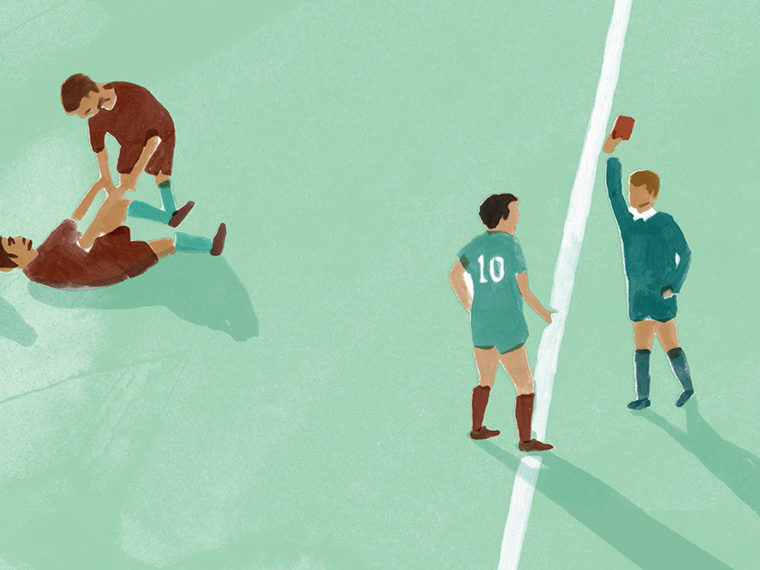
Is a Bad Deed That Goes Unpunished Less Bad?
In experiments, immorality and harm are deemed more extreme merely because an act was punished

Parents Who Favor Boys Raise Girls Who Score Lower in Math
A clue that parents prefer a son: They have more kids when their firstborn is a girl

Culture Affects How People Save Money
Immigrants show saving tendencies that carry through several generations
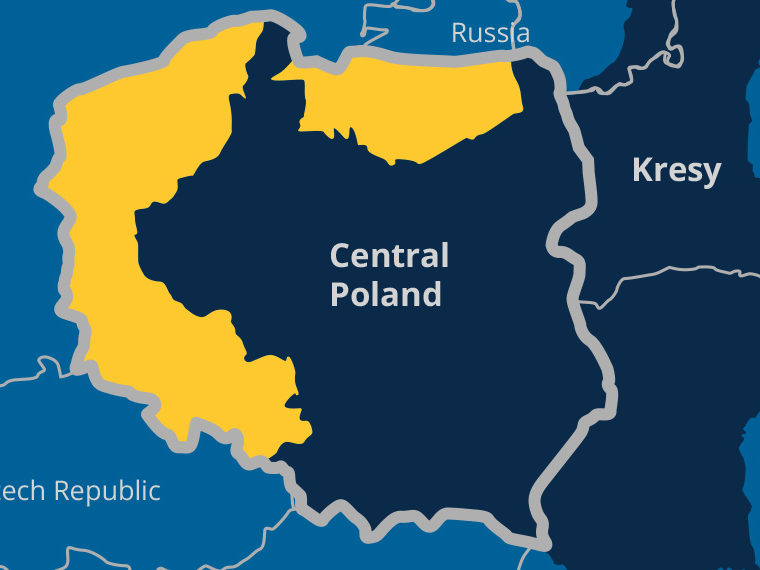
Descendants of Forced Migrants Value Education More Highly
Post-World War II Poland provides a unique setting to study mobility and success
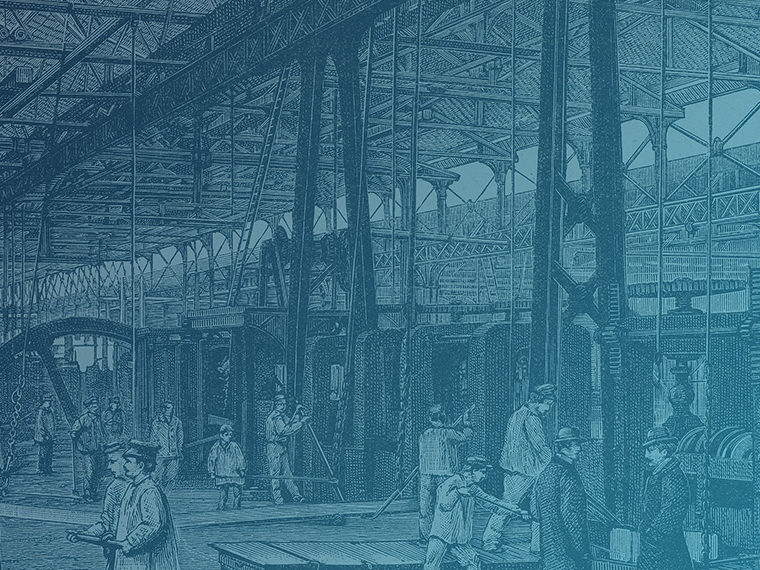
In Some Places, Fertility Rates Declined Before the Industrial Revolution
Using parish records, researchers examine fundamental changes in society following the French Revolution
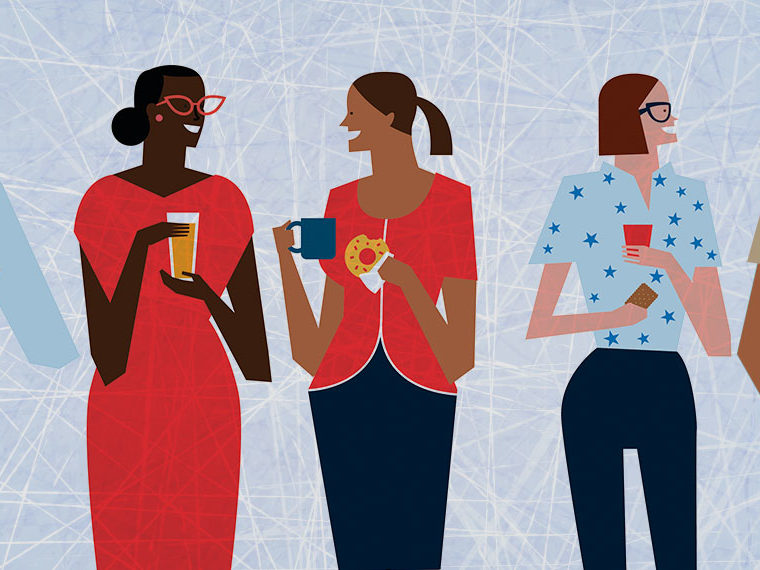
Why Can’t We All Get Along? On Some Things, We Do
The narrative of a growing cultural divide, while partly true, conceals a more nuanced picture
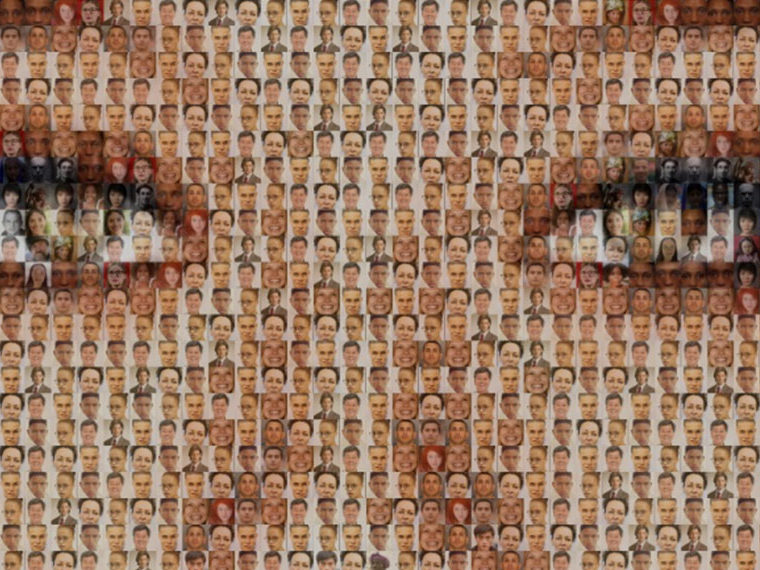
Using Ancestral Characteristics to Study Modern Economics
A database of pre-industrial sampling supports historical and ethnographic research
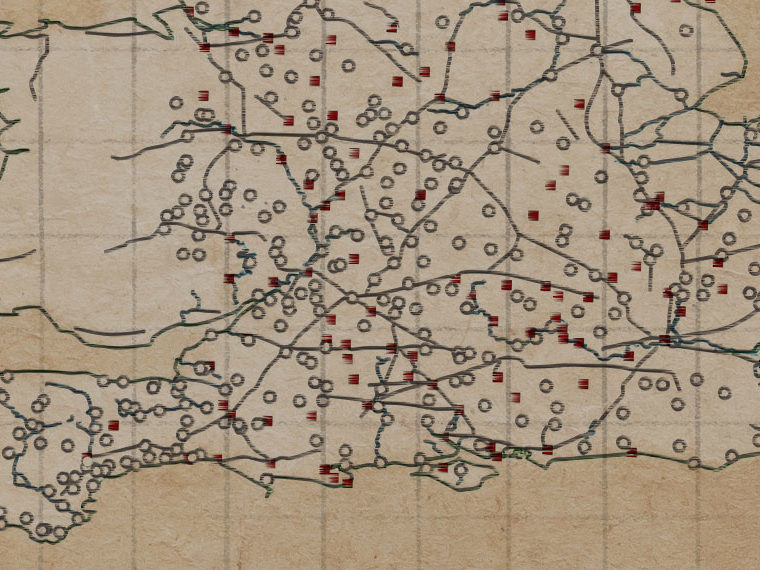
How Local Governance Came to England’s Economy
Nico Voigtländer found that to combat arbitrary taxes and corruption, merchants persuaded the king to cede control
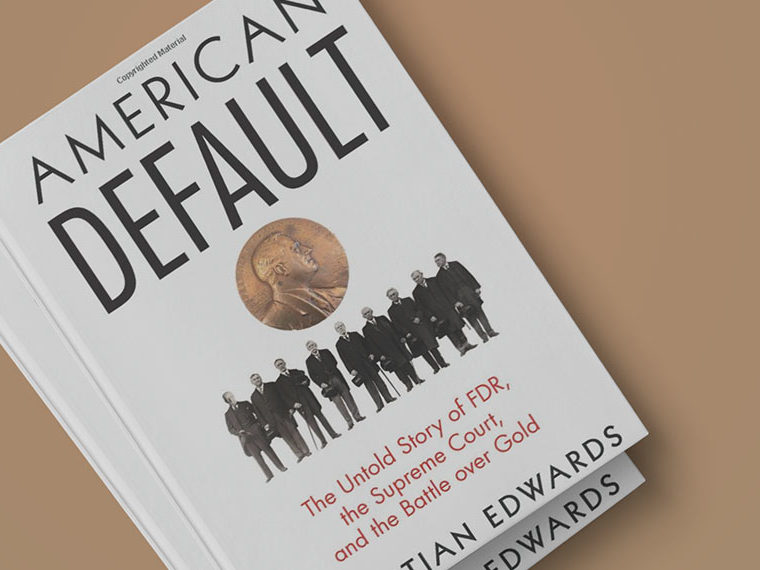
A Shocking Tale of Sovereign Default and Private Contracts Nullified
Sebastian Edwards brings to life a widely forgotten chapter of U.S. history starring FDR, his no-name economist and the demise of the gold standard
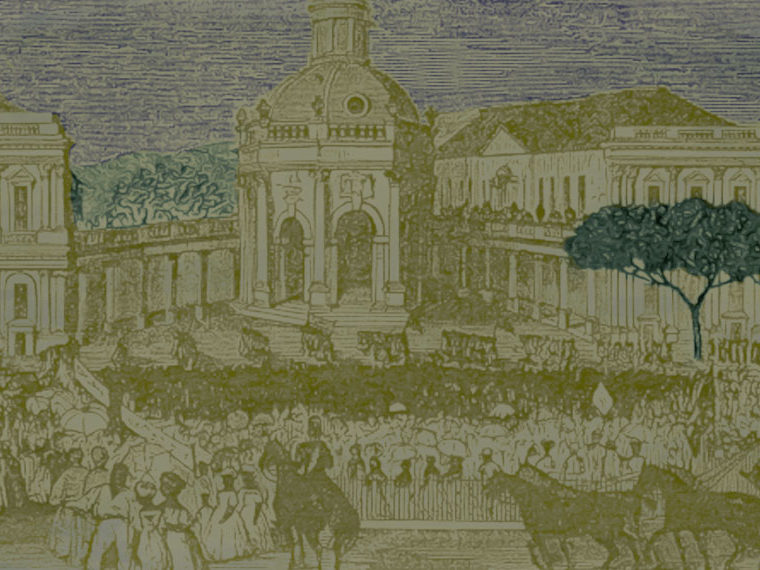
How the Seemingly Rapid Advance of Democracy Goes Astray
Using voting records from a unique transition in the 19th-century Caribbean, Christian Dippel examines the embrace of self-interest by new legislators

A Stabler Climate Means Stronger Traditions
The link between environmental stability and cultural change explains why cultures evolve
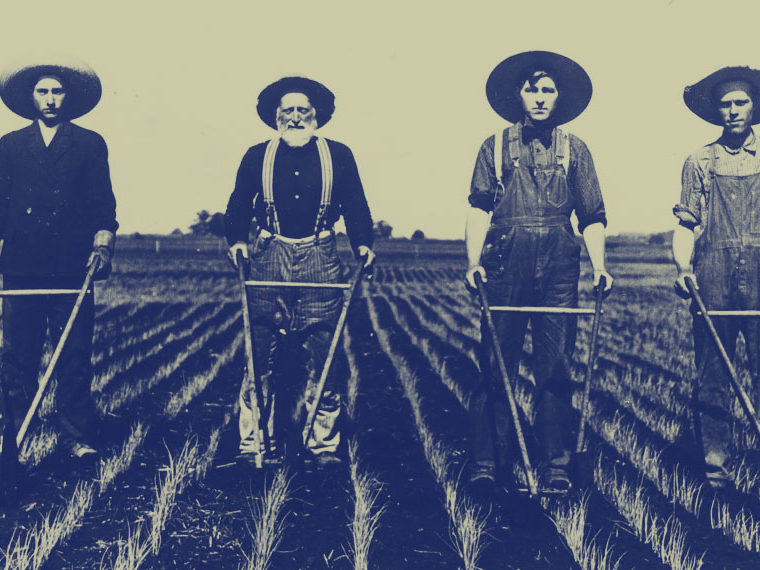
A History of Plough-Based Farming Leads to Fewer Girls
Modern-day gender ratios are linked to countries’ agricultural roots
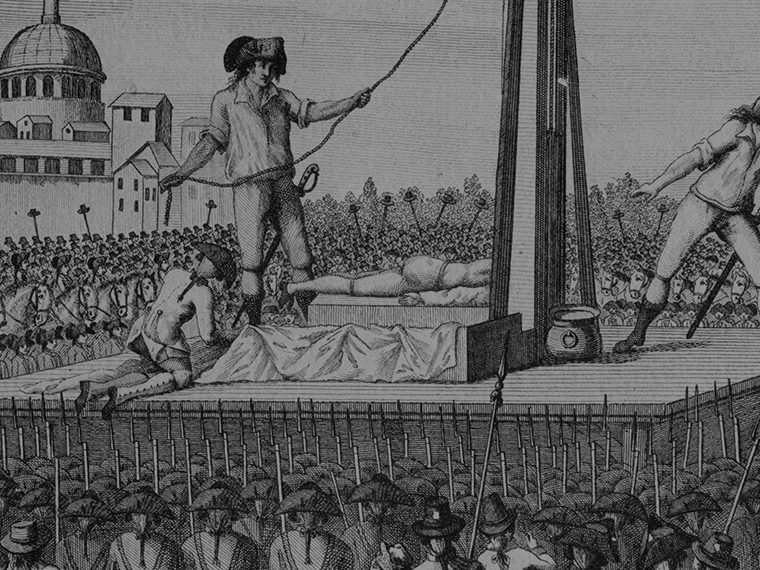
Beyond Angry Mobs: Intellectuals in the French Revolution
History’s Encyclopédie subscribers are matched to grievances against the monarchy